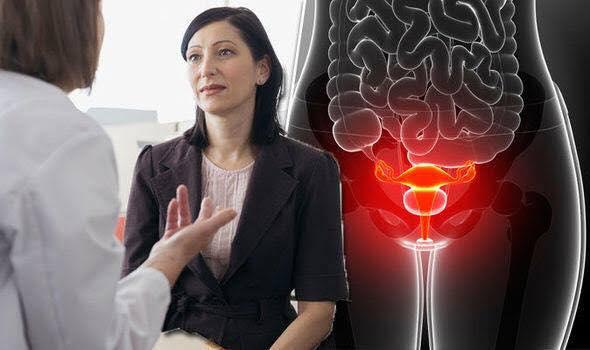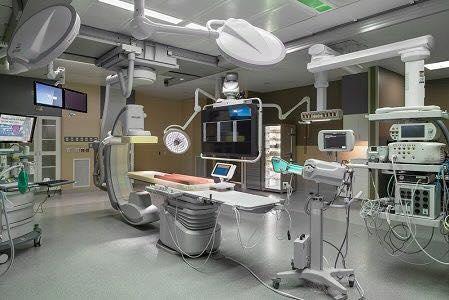Dr. Peter Lotze is now offering BioTE®, a bio-identical hormone subcutaneous pellet therapy to help balance hormones in women & men...
Hormone imbalance symptoms can range from subtle to debilitating and are often masked by medications that are prescribed for anxiety, depression, insomnia, weight gain, and more. http://bit.ly/2VLrjQc
PeterMLotzeMD.com
713-512-7810
7900 Fannin St. Houston, TX 77054
#DrPeterMLotze #Prolapse #PelvicFloor #HormoneTherapy #Hormones #Biote
What is a Rectocele?
A rectocele is a type of pelvic organ prolapse. It happens when the supporting ligaments and muscles weaken in the pelvic floor. Other names for a rectocele are a posterior vaginal wall prolapse or proctocele.
Childbirth, age, and a range of other factors can cause the normally tough, fibrous, sheet-like divider between the rectum and vagina to weaken.
A bulge may protrude as a hernia into the back of the vagina during a time of straining, such as a bowel movement.
A rectocele can lead to constipation and discomfort, but if it is small, there may be no symptoms.
Most people can treat a rectocele at home, but a severe case may need surgery.
Peter Lotze, MD
PeterMLotzeMD.com
713-512-7810
#PeterMLotzeMD #PeterLotze #Urogynecology #FemalePelvicMedicineAndReconstructiveSurgery #Menopause #Kegels #OveractiveBladder #StressIncontinence #UrinaryIncontinence #Incontinence #Prolapse #BioTE
READ MORE AT:
https://www.medicalnewstoday.com/articles/189696
MEDICALNEWSTODAY.COM
Rectocele: Types, symptoms, causes, and diagnosis
Loss of bladder control is twice as likely to affect women than men, with the most common types of urinary incontinence that affect women being urge incontinence/overactive bladder and stress incontinence which may be due to pregnancy, childbirth and menopause making it more likely. However, urinary incontinence is not a normal part of aging, and it can typically be treated.
PeterMLotze.com
713-512-7810
#incontinence #urogynecology #pelvicfloor #Kegelexercise #sling #prolapse
https://worldhealth.net/news/urinary-incontinence/
WORLDHEALTH.NET
Urinary Incontinence







